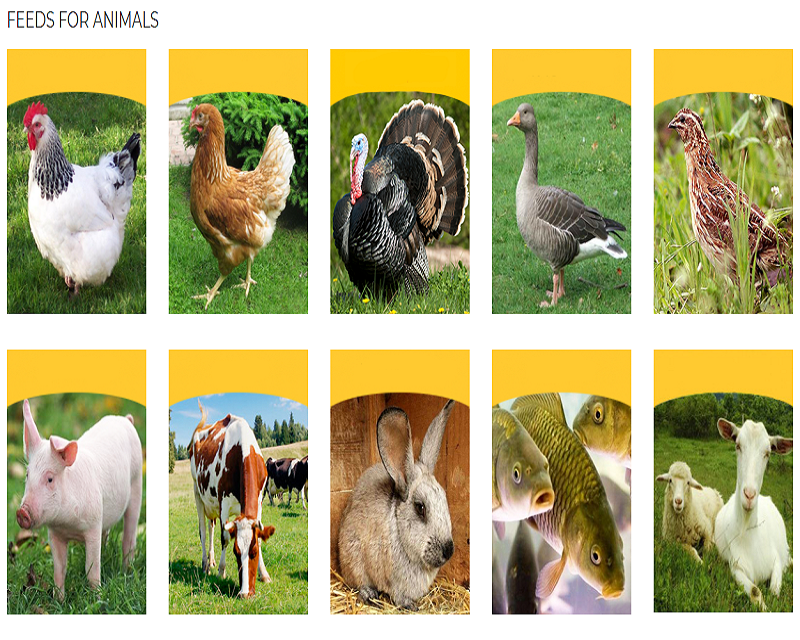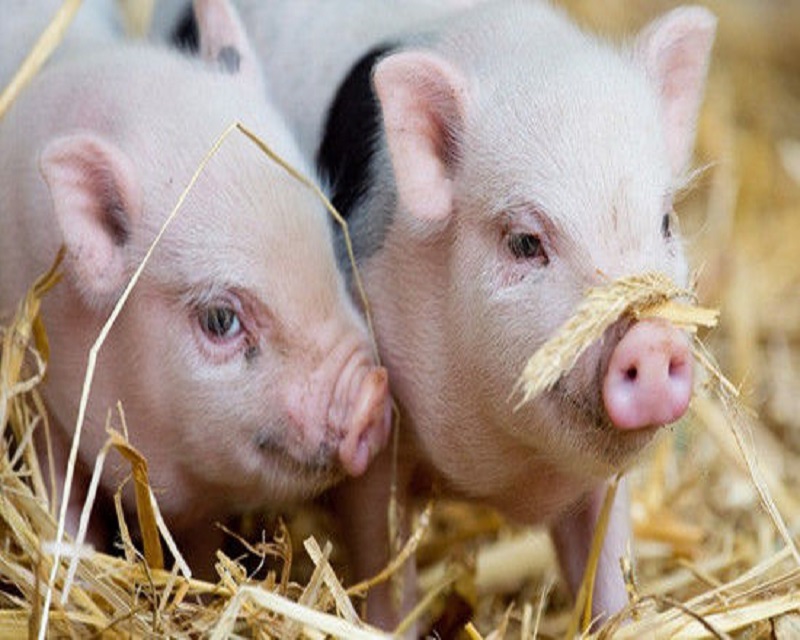Studies in rats have confirmed that betaine mainly plays the role of methyl donor in the liver and is regulated by betaine homocysteine methyltransferase (BHMT) and p-cysteine sulfide β Synthetase( β Regulation of cyst (mud et al., 1965). This result was confirmed in pigs and chickens. When the methyl supply is insufficient, the animal body makes the high hemiaminic acid accept the methyl of betaine by improving the activity of BHMT to synthesize methionine and then provide methyl. When adding low-dose betaine, due to the limited methyl supply in the body, the liver increases the cycle times of homocysteine → methionine by increasing BMT activity and using betaine as substrate, so as to provide sufficient methyl for material metabolism. At high doses, due to the exogenous addition of a large amount of betaine, on the one hand, the liver provides methyl for the methyl receptor by improving BHMT activity, and on the other hand, part of homocysteine forms cysteine sulfide through the sulfur transfer pathway, so as to keep the body's methyl metabolism pathway in a stable dynamic balance. The experiment shows that it is safe to replace part of methionine in broiler duck diet with betaine. Betaine can be absorbed by chicken intestinal cells, reduce the damage of drugs to intestinal cells, improve the absorption function of chicken intestinal cells, promote the absorption of nutrients, and finally improve the production performance and disease resistance of chickens.
Betaine can promote the secretion of GH, which can promote the synthesis of protein, reduce the decomposition of amino acids and make the body positive nitrogen balance. Betaine can increase cyclic adenosine monophosphate in liver and pituitary( ˆ The content of am, so as to enhance the endocrine function of pituitary and promote the synthesis and release of (h, thyroid stimulating hormone) by pituitary cells α SH and other hormones can increase the nitrogen storage of the body, so as to promote the growth of livestock and poultry. The test shows that betaine can significantly increase the levels of serum h and IGF in pigs at different stages, significantly promote the growth rate of pigs at different stages and reduce the feed weight ratio. Weaned piglets, growing pigs and finishing pigs were fed with diets supplemented with betaine 8001000 and 1750ngkg respectively, and the daily gain was increased by 8.71% N13 20% and 13.32%, the serum GH level increased by 46.15%, 102.11% and 58.33% respectively, and the IGF level increased by 38.74%, 4.75% and 47.95% respectively (Yu Dongyou et al., 2001). The addition of betaine in feed can also improve the reproductive performance of sows, increase the birth weight and live litter size of piglets, and has no adverse effect on pregnant sows.

Betaine can improve the tolerance of biological cells to high temperature, high salt and high osmotic environment, stabilize enzyme activity and kinetic energy of biological macromolecules. When the osmotic pressure of tissue cells changes, betaine can be absorbed by cells, prevent water loss and salt entry of cells, improve the function of Na pump of cell membrane, maintain the osmotic pressure of tissue cells, regulate the osmotic pressure balance of cells, alleviate stress response and enhance disease resistance. Betaine has the characteristics similar to electrolyte. When the digestive tract is invaded by pathogens, it has an osmotic protective effect on the cells of pig gastrointestinal tract. When the piglets have gastrointestinal water loss and ion balance imbalance due to diarrhea, betaine can effectively prevent water loss and avoid hyperkalemia caused by diarrhea, so as to maintain and stabilize the ion balance of gastrointestinal environment and make the beneficial bacteria in the microbial flora of piglets' gastrointestinal tract under weaning stress dominate, Harmful bacteria will not multiply in large numbers, protect the normal secretion of enzymes in the digestive tract and the stability of their activity, improve the growth and development of the digestive system of weaned piglets, improve the digestibility and utilization rate of feed, increase feed intake and daily weight gain, significantly reduce diarrhea and promote the rapid growth of weaned piglets.
Post time: Mar-22-2022





